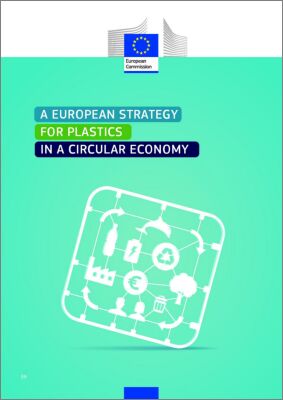
Plastic is an important and ubiquitous material in our economy and daily lives. It has multiple functions that help tackle a number of the challenges facing our society. However, too often the way plastics are currently produced, used and discarded fails to capture the economic benefits of a more ‘circular’ approach and harms the environment. There is an urgent need to tackle the environmental problems that today cast a long shadow over the production, use and consumption of plastics. The million tonnes of plastic litter that end up in the oceans every year are one of their most visible and alarming signs of these problems, causing growing public concern. Rethinking and improving the functioning of such a complex value chain requires efforts and greater cooperation by all its key players, from plastics producers to recyclers, retailers and consumers. It also calls for innovation and a shared vision to drive investment in the right direction. The plastics industry is very important to the European economy, and increasing its sustainability can bring new
opportunities for innovation, competitiveness and job creation, in line with the objectives pursued by the renewed EU Industrial Policy Strategy. This strategy lays the foundations to a new plastics economy, where the design and production of plastics and plastic products fully respect reuse, repair and recycling needs and more sustainable materials are developed and promoted. By pursuing these aims, the strategy will also help achieve the priority set by this Commission for an Energy Union with a modern, low-carbon, resource and energy-efficient economy and will make a tangible contribution to reaching the 2030 Sustainable Development Goals and the Paris Agreement.With decisive and concerted efforts, Europe can turn challenges into opportunities and set the example for resolute action at global level.